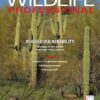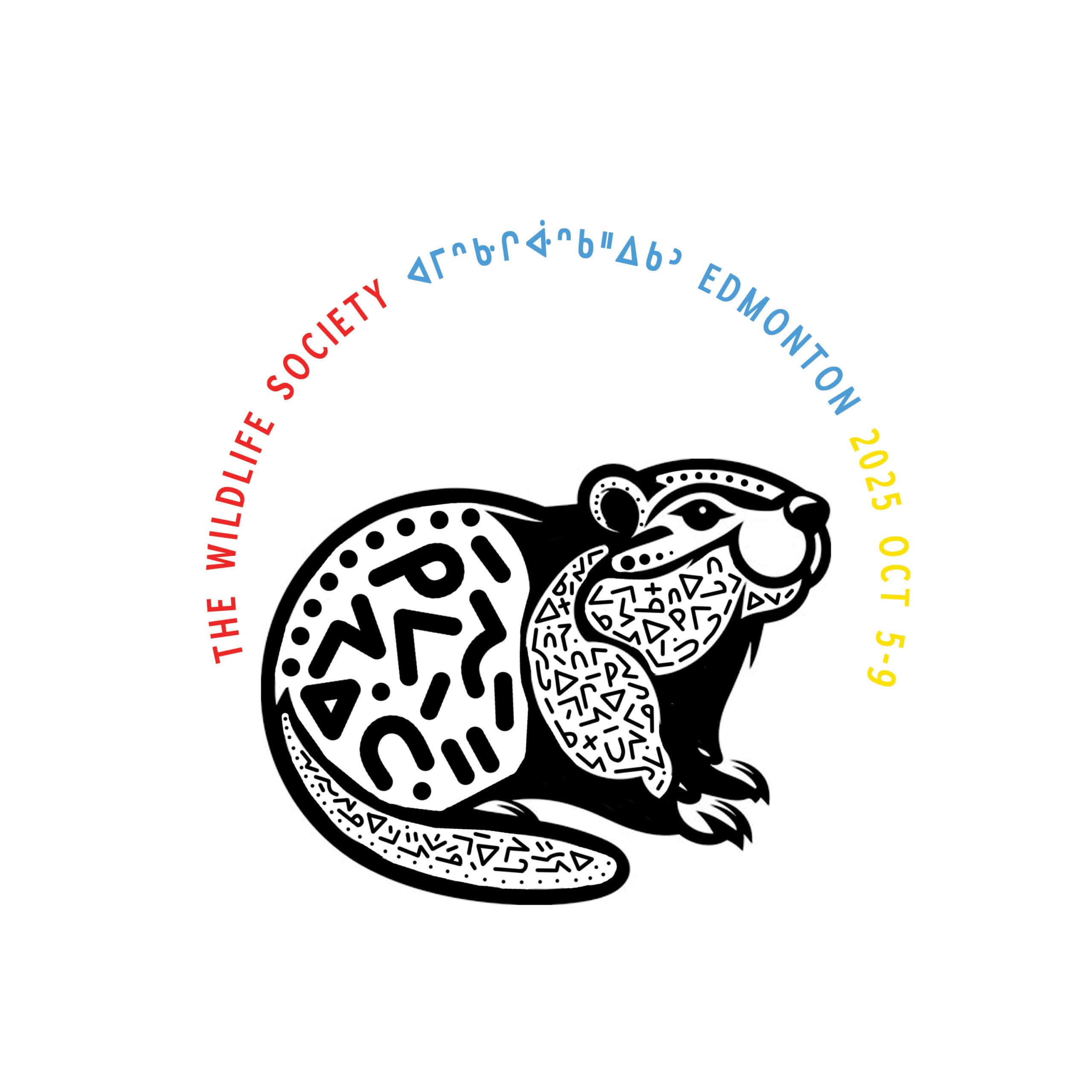The Excellence in Wildlife Education Award celebrates sustained exemplary teaching and contributions to the improvement of wildlife education by honoring individual faculty members. Eligible faculty should have been actively engaged in undergraduate and/or graduate wildlife-related education with outstanding performance in teaching and at least one additional category of the following:
- Teaching
- Advising
- Scholarship of Learning and Teaching
- Academic Program Development
- Educational Leadership
AWARD CRITERIA
Eligible faculty will be actively engaged in undergraduate and/or graduate, wildlife-related education.
Nominees will be evaluated on the basis of a dossier documenting outstanding contributions to wildlife education over a sustained period of time. The dossier should provide specific evidence of outstanding performance in teaching and one or more—not necessarily all—of the categories listed below:
EXCELLENCE IN WILDLIFE EDUCATION AWARD
This award celebrates sustained exemplary teaching and contribution to the improvement of wildlife education by honoring individual faculty members.
AWARD CRITERIA
Eligible faculty will be actively engaged in undergraduate and/or graduate, wildlife-related education.
Nominees will be evaluated on the basis of a dossier documenting outstanding contributions to wildlife education over a sustained period of time. The dossier should provide specific evidence of outstanding performance in teaching and one or more—not necessarily all—of the categories listed below:
- TEACHING: direct contact with students in courses and programs and in co-curricular activities. Teaching activities include instructing groups of students in classes, seminars, and laboratories; and supervising individual activities, such as practicums, internships, field-learning experiences, tutorials, performances, exhibitions, and independent study – including supervision of undergraduate and graduate research projects. Evidence of, at least, campus-level recognition of teaching excellence is desirable.
- ADVISING: activities that aid individual students with course and major selection, career plans, and personal development, especially in ways that go beyond formal curricular advising; and those that provide guidance to student organizations or groups. Documentation should include information about accessibility to students, which ordinarily includes but is not limited to office availability. Evidence of recognition by the individual’s institution of the nominees advising excellence is desirable.
- SCHOLARSHIP OF LEARNING AND TEACHING: activities related to research on teaching and learning: such activities should be documented and discussed in terms of the relationship between these activities and the nominee’s contributions to wildlife education. Peer-refereed publications related to education are desirable.
- ACADEMIC PROGRAM DEVELOPMENT: such activities that contribute to the planning, design, or development of improvements in wildlife education. Contributions in this area might include new courses or a cluster of courses, and valuable programmatic innovations of any kind.
- EDUCATIONAL LEADERSHIP: extra-programmatic activities of any kind and at any level that constitute leadership and contribute substantially to wildlife education. Examples may include presenting papers, holding a position such as national or regional officer or program chair in a professional association, or being a member of a college committee that impacts the student educational experience.
NOMINATION PROCEDURES
To maintain a similar format among dossiers and facilitate efficient review, brevity is encouraged in assembling materials. Use 12-point font, one-inch margins, and 1.5 line spacing in preparing materials. Each dossier should be organized according to the following guidelines:
- Nominator narrative that includes a statement by the nominator of no more than three pages, presenting the full case for the nomination as well as summarizing the dossier, with specific reference to the criteria listed in these guidelines. This statement forms the basis of the nomination and is extremely important for the review process. The nominator should describe the nominee’s qualifications and other relevant criteria, focusing on specific details. The aim of this statement is to set out a convincing case for the nominee’s outstanding contributions to wildlife education.
- Personal statement by the candidate of no more than two pages addressing the criteria of the award and their impact on student learning.
- The candidate’s curriculum vitae of no more than three pages organized according to the following rubric:
- Education
- Courses Taught
- Course, Program, and Curricular Development
- Service/Outreach/Engagement activities (related to teaching and learning)
- Publications and Grants (related to teaching and learning)
- Awards and Recognition (related to teaching and learning)
- A numerical overview of student evaluations from courses taught in the last five years. Up to one additional page of assessment of student learning can be included.
- Four supporting letters; one from the nominee’s supervisor (if the supervisor is also the nominator, an additional letter can be included from either a colleague or student), one from a colleague, and 2 from former students. In all cases, letter writers are encouraged to cite specific examples in support of the case.
Nomination materials must be uploaded via the online nominations system by May 1 at 11:59 PM ET.
For questions related to TWS Awards please email, awards@wildlife.org.
EXCELLENCE IN WILDLIFE EDUCATION AWARD RECIPIENTS
| 2024 | Scott Winterstein |
| 2023 | Steve Johnson |
| 2022 | Robert A. Montgomery |
| 2021 | Elizabeth A. Flaherty |
| 2020 | Richard Baydack |
| 2019 | Larkin A. Powell |
| 2018 | No recipient |
| 2017 | Dean Stauffer |
| 2016 | Merav Ben-David |
| 2015 | Nova Silvy |
| 2014 | Mark Ryan |
| 2013 | Robert J. Warren |
| 2012 | W. Daniel Edge |
| 2011 | Henry “Rique” Campa |


